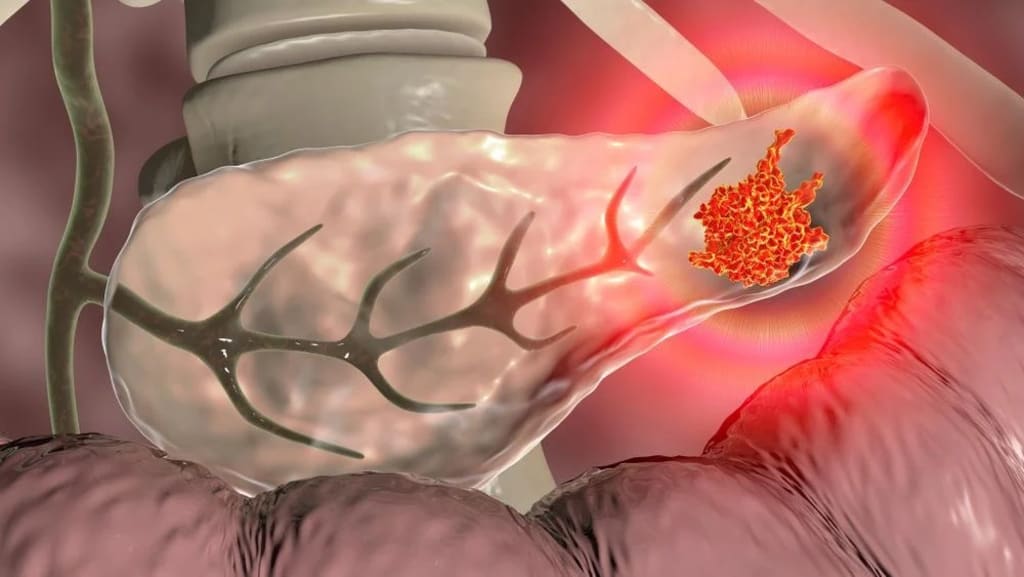How To Interpret AI Medical Diagnosis: A User Guide
AI in Healthcare Diagnostics

What determines whether a patient is suffering from an illness, and when? When you hear the term AI medical diagnosis, your first impression may be that it's some synthetic human intelligence.
In other words, this is a universal Human Intelligence Project run by artificial machines that can detect disease and provide medical advice based on medical evidence. However, this doesn't mean that AI doctors will be replacing doctors one day soon.
Instead, AI medicine has been around for over a decade and is still evolving. If you look at it from an entirely different perspective, however, you'll realize that AI is much more than what we initially think of as 'AI.' It's so much more than that.
Let's look at how this plays out in today's healthcare environment.
What is AI Medical Diagnosis?
Artificial Intelligence medical diagnosis is a term that describes the use of artificial intelligence to "detect" diseases or conditions in humans. AI healthcare can be used to "help" patients identify and manage their health situation. It can also be used to "execute" medical procedures or to "execute" non-emergent interventions.
There is no "right" way to implement AI medical diagnosis, and there is no "wrong" way. The diagnosis process should follow generally accepted medical practices, and how this is accomplished should reflect the range of potential outcomes associated with each possible diagnosis.
Why Is AI Medical Diagnosis Important?
AI is a significant advancement in medical diagnosis, as it allows remote diagnosis of diseases and conditions that are not currently addressed by medical practice. Since AI doctors can't physically be there for patients, they can encourage them to identify and manage their health situation.
This can help eliminate wasted time and money and improve patient outcomes. Moreover, AI might also lead to new diagnostic tools that are more accurate and useful. AI medical diagnosis also enables more accessible access to non-invasively monitored health conditions, allowing for better patient outcomes and a reduction in missed or incorrect medical interventions, thanks to medical image annotation in medical diagnosis.
Types of AI Medicine Diagnosis
Traditional ( handwritten) medical diagnosis – Diagnosis by humans is based on attributes that humans have, such as cultural or medical knowledge, as well as medical equipment and procedures. An AI-based medical diagnosis would use AI attributes to complete the process.
Case-based diagnostic – A patient consists of a case and a conclusion resulting from a combination of data and clinical judgment. In this diagnosis process, the AI doctor analyzes the available data to make a case for the diagnosis. The AI doctor then provides a clinical review of the probabilities of the various outcomes that could occur from the diagnosis.
Epidemiological-based diagnosis – The AI doctor looks at the available data to assess the population's risk of experiencing a disease or condition. The analysis includes an assessment of the likelihood of the disease or condition, the people at risk, and the rate of occurrence of the disease or infection in the population.
Median-site diagnosis – The doctor looks at the available data to make a decision regarding which patient would be eligible for a visit to the clinic. The doctor determines the patient's likelihood of experiencing the condition and then looks at the risk of the disease in the surrounding community.
Difference between AI and Humans in Healthcare Environment
As we've already mentioned, AI medical diagnosis is different from what we typically think of as 'AI.' It's not a "human" AI at all, but an AI created by and for medical applications. AI doctors aren't "sent" to medical practitioners but "is," and they're expected to make judgments based on medical information and not on data.
AI doctors can also accept "no answer" or "no evidence" as true instead of "false," making them much cheaper and easier to service. AI doctors are expected to make judgments in the context of a population and not just a single patient. This can be incredibly challenging, as AI doctors can't be everywhere at once. They need a team of people to help them make judgments, and this can be a complex and involved process.
Summing up
AI medical diagnosis has a long history and is still evolving. It's a privilege to work with the AI medical team that's working to improve healthcare and better the lives of all!
Artificial Intelligence in medical diagnosis can help identify and manage disorders humans do not yet diagnose. With AI medicines, patients can: - Identify and manage symptoms and signs of disease - Determine if a condition is treatable and, if so, what treatment is suitable for the patient - Ask for advice from a medical professional - Take control of their health situation by making better medical choices.
About the Creator
Rayan Potter
6+ years of machine learning and AI experience gathering and supplying training data sets for ML and AI development with quality testing and accuracy.
Reader insights
Nice work
Very well written. Keep up the good work!
Top insights
Easy to read and follow
Well-structured & engaging content
Eye opening
Niche topic & fresh perspectives
On-point and relevant
Writing reflected the title & theme







Comments (9)
Well written
Great reminder on the basics of an essay. https://vocal.media/education/art-auctions-for-drawings
great write up Check my first story https://vocal.media/education/the-importance-of-mental-health-obuz0nc4
This is so interesting but also somewhat terrifying
Very timely
Thank you for sharing, great write up!
Love it, hope to keep updating
I love the advantages that AI brings to medical analyses. Would love to hear more about how to maximize training algorithms to deal with nitpicky human biases
Love the article, AI is revolutionizing health care.